The Cantonese language film Little Devil (aka The Devil Warrior) is exactly the type of estrogen-driven martial arts melodrama that was rapidly going out of style in Hong Kong in 1969, thanks in no small part to the efforts of Shaw Brothers and male-fixated directors like Chang Cheh. It stars Bo-bo Fung and Nancy Sit, two teenaged actresses who were among the brightest of 1960s Cantonese cinema’s galaxy of female stars, and was directed by Chan Lit-Ban, who helmed an impressive number of wuxia films during the period, most of which starred Cantonese box-office queen Connie Chan. While it makes a few nods to the bloodier, more brutal style of action that was being trademarked over at Shaw, such emulation is clearly not the film’s reason for being. Instead it offers an agreeable dose of comparatively reserved old-school charm.
 Clearly not aspiring to break with tradition, Little Devil ponies up with all of the curiously gender-bending role assignments that we’ve come to expect from old school wuxia films. Bo-bo Fung is cast as the male hero, and Nancy Sit, while cast as the sweetheart of Fung’s character, spends much of her time onscreen masquerading in male guise. Thanks, however, to the typically chaste representation of romantic relationships between men and women in Cantonese films of this era, those inspired by this scenario to hope for any suggestion of girl-on-girl action will be gravely disappointed.
Clearly not aspiring to break with tradition, Little Devil ponies up with all of the curiously gender-bending role assignments that we’ve come to expect from old school wuxia films. Bo-bo Fung is cast as the male hero, and Nancy Sit, while cast as the sweetheart of Fung’s character, spends much of her time onscreen masquerading in male guise. Thanks, however, to the typically chaste representation of romantic relationships between men and women in Cantonese films of this era, those inspired by this scenario to hope for any suggestion of girl-on-girl action will be gravely disappointed.
It seems that the family of Chui Yuk-wah (Sit) do not approve of her relationship with wandering orphan Yeung Siu-fung (Fung), and so the young Siu-fung is forced to sneak into the family’s villa under the cover of darkness in order to see her. In the course of doing so, he witnesses Yuk-wah’s father –- one of those empire-lusting clan leaders without whom wuxia cinema would be completely adrift -- murdering a pair of his rivals. Siu-fung is then discovered by the father and himself murdered, his body left in the snow. What the villain most likely had not counted on, however, is the proximity of a snow-dwelling sorcerer called the Sound Demon (at least according to the Hong Kong Film Archive's synopsis of the film), who takes Siu-fung’s body back to his cave and revives him with his magics. If you have seen more than a handful of these type of films, you can probably guess what happens next: Siu-fung grows to manhood under the tutelage of the Sound Demon, in the process gaining the special kung fu skills that will aid him in his quest for vengeance against his sweetheart’s old man.
 During Little Devil’s first section, the combination of its bright primary color scheme and the artificiality of the small interior sets used to represent its Wintry, snow-bound settings lend a sort of storybook feel to the action. Once Siu-fung has left the Sound Demon’s cave in search of revenge, however, its middle section drifts toward more prosaic wuxia film territory, marked by the typical fights set in tea houses and alongside country roads. The film’s climax then sends us hurtling back into fantasy land for a final duel between the Sound Devil and Yuk Wah’s father, most memorable for the former’s employment of a nuclear-strength, bellowing laugh that works against his foes in much the same manner as the “Ghostly Laughter” seen in Shaw’s later Holy Flame of the Martial World.
During Little Devil’s first section, the combination of its bright primary color scheme and the artificiality of the small interior sets used to represent its Wintry, snow-bound settings lend a sort of storybook feel to the action. Once Siu-fung has left the Sound Demon’s cave in search of revenge, however, its middle section drifts toward more prosaic wuxia film territory, marked by the typical fights set in tea houses and alongside country roads. The film’s climax then sends us hurtling back into fantasy land for a final duel between the Sound Devil and Yuk Wah’s father, most memorable for the former’s employment of a nuclear-strength, bellowing laugh that works against his foes in much the same manner as the “Ghostly Laughter” seen in Shaw’s later Holy Flame of the Martial World.
 All in all, Little Devil is not defined by it’s fantasy elements, which seem more than anything else to be simply a means to an end, plot-wise. Because of this, those hoping for the kind of crudely realized WTF moments you’d find in more overtly fantastic wuxia films (like the aforementioned Holy Flame) will probably find it to be a bit of a disappointment. But for those attuned to the kind of cozy, low-key pleasures that the sincerity and quaintness of a film of this type can offer, there is definitely a suitable rainy afternoon’s entertainment in store. I also have to say that it’s a real kick to behold the spectacle of armed men cowering from the diminutive and baby-faced Bo-bo Fung, who was just sixteen at the time and not yet fully out of the shadow of her former role as Cantonese cinema’s answer to Shirley Temple. (To her credit, though, she does do the menacing glare really well.)
All in all, Little Devil is not defined by it’s fantasy elements, which seem more than anything else to be simply a means to an end, plot-wise. Because of this, those hoping for the kind of crudely realized WTF moments you’d find in more overtly fantastic wuxia films (like the aforementioned Holy Flame) will probably find it to be a bit of a disappointment. But for those attuned to the kind of cozy, low-key pleasures that the sincerity and quaintness of a film of this type can offer, there is definitely a suitable rainy afternoon’s entertainment in store. I also have to say that it’s a real kick to behold the spectacle of armed men cowering from the diminutive and baby-faced Bo-bo Fung, who was just sixteen at the time and not yet fully out of the shadow of her former role as Cantonese cinema’s answer to Shirley Temple. (To her credit, though, she does do the menacing glare really well.)
 Needless to say, I’d love to see these old Cantonese films get even a fraction of the attention worldwide that the output of the Shaws, and even the Taiwanese film industry, do. As the products of a scrappy and underfunded local industry, they not only provide a necessary part of the overall story of Hong Kong cinema, but also carry an enormous amount of underdog appeal. Granted, they’re an acquired taste, but I think that, if their existence were more widely known, there are a lot of people out there who would gladly do the work. That said, Little Devil might not be the best place to start, but it will definitely add a modicum of richness to the dedicated viewer’s ongoing discovery of classic Cantonese cinema as a whole.
Needless to say, I’d love to see these old Cantonese films get even a fraction of the attention worldwide that the output of the Shaws, and even the Taiwanese film industry, do. As the products of a scrappy and underfunded local industry, they not only provide a necessary part of the overall story of Hong Kong cinema, but also carry an enormous amount of underdog appeal. Granted, they’re an acquired taste, but I think that, if their existence were more widely known, there are a lot of people out there who would gladly do the work. That said, Little Devil might not be the best place to start, but it will definitely add a modicum of richness to the dedicated viewer’s ongoing discovery of classic Cantonese cinema as a whole.
 Clearly not aspiring to break with tradition, Little Devil ponies up with all of the curiously gender-bending role assignments that we’ve come to expect from old school wuxia films. Bo-bo Fung is cast as the male hero, and Nancy Sit, while cast as the sweetheart of Fung’s character, spends much of her time onscreen masquerading in male guise. Thanks, however, to the typically chaste representation of romantic relationships between men and women in Cantonese films of this era, those inspired by this scenario to hope for any suggestion of girl-on-girl action will be gravely disappointed.
Clearly not aspiring to break with tradition, Little Devil ponies up with all of the curiously gender-bending role assignments that we’ve come to expect from old school wuxia films. Bo-bo Fung is cast as the male hero, and Nancy Sit, while cast as the sweetheart of Fung’s character, spends much of her time onscreen masquerading in male guise. Thanks, however, to the typically chaste representation of romantic relationships between men and women in Cantonese films of this era, those inspired by this scenario to hope for any suggestion of girl-on-girl action will be gravely disappointed.It seems that the family of Chui Yuk-wah (Sit) do not approve of her relationship with wandering orphan Yeung Siu-fung (Fung), and so the young Siu-fung is forced to sneak into the family’s villa under the cover of darkness in order to see her. In the course of doing so, he witnesses Yuk-wah’s father –- one of those empire-lusting clan leaders without whom wuxia cinema would be completely adrift -- murdering a pair of his rivals. Siu-fung is then discovered by the father and himself murdered, his body left in the snow. What the villain most likely had not counted on, however, is the proximity of a snow-dwelling sorcerer called the Sound Demon (at least according to the Hong Kong Film Archive's synopsis of the film), who takes Siu-fung’s body back to his cave and revives him with his magics. If you have seen more than a handful of these type of films, you can probably guess what happens next: Siu-fung grows to manhood under the tutelage of the Sound Demon, in the process gaining the special kung fu skills that will aid him in his quest for vengeance against his sweetheart’s old man.
 During Little Devil’s first section, the combination of its bright primary color scheme and the artificiality of the small interior sets used to represent its Wintry, snow-bound settings lend a sort of storybook feel to the action. Once Siu-fung has left the Sound Demon’s cave in search of revenge, however, its middle section drifts toward more prosaic wuxia film territory, marked by the typical fights set in tea houses and alongside country roads. The film’s climax then sends us hurtling back into fantasy land for a final duel between the Sound Devil and Yuk Wah’s father, most memorable for the former’s employment of a nuclear-strength, bellowing laugh that works against his foes in much the same manner as the “Ghostly Laughter” seen in Shaw’s later Holy Flame of the Martial World.
During Little Devil’s first section, the combination of its bright primary color scheme and the artificiality of the small interior sets used to represent its Wintry, snow-bound settings lend a sort of storybook feel to the action. Once Siu-fung has left the Sound Demon’s cave in search of revenge, however, its middle section drifts toward more prosaic wuxia film territory, marked by the typical fights set in tea houses and alongside country roads. The film’s climax then sends us hurtling back into fantasy land for a final duel between the Sound Devil and Yuk Wah’s father, most memorable for the former’s employment of a nuclear-strength, bellowing laugh that works against his foes in much the same manner as the “Ghostly Laughter” seen in Shaw’s later Holy Flame of the Martial World. All in all, Little Devil is not defined by it’s fantasy elements, which seem more than anything else to be simply a means to an end, plot-wise. Because of this, those hoping for the kind of crudely realized WTF moments you’d find in more overtly fantastic wuxia films (like the aforementioned Holy Flame) will probably find it to be a bit of a disappointment. But for those attuned to the kind of cozy, low-key pleasures that the sincerity and quaintness of a film of this type can offer, there is definitely a suitable rainy afternoon’s entertainment in store. I also have to say that it’s a real kick to behold the spectacle of armed men cowering from the diminutive and baby-faced Bo-bo Fung, who was just sixteen at the time and not yet fully out of the shadow of her former role as Cantonese cinema’s answer to Shirley Temple. (To her credit, though, she does do the menacing glare really well.)
All in all, Little Devil is not defined by it’s fantasy elements, which seem more than anything else to be simply a means to an end, plot-wise. Because of this, those hoping for the kind of crudely realized WTF moments you’d find in more overtly fantastic wuxia films (like the aforementioned Holy Flame) will probably find it to be a bit of a disappointment. But for those attuned to the kind of cozy, low-key pleasures that the sincerity and quaintness of a film of this type can offer, there is definitely a suitable rainy afternoon’s entertainment in store. I also have to say that it’s a real kick to behold the spectacle of armed men cowering from the diminutive and baby-faced Bo-bo Fung, who was just sixteen at the time and not yet fully out of the shadow of her former role as Cantonese cinema’s answer to Shirley Temple. (To her credit, though, she does do the menacing glare really well.) Needless to say, I’d love to see these old Cantonese films get even a fraction of the attention worldwide that the output of the Shaws, and even the Taiwanese film industry, do. As the products of a scrappy and underfunded local industry, they not only provide a necessary part of the overall story of Hong Kong cinema, but also carry an enormous amount of underdog appeal. Granted, they’re an acquired taste, but I think that, if their existence were more widely known, there are a lot of people out there who would gladly do the work. That said, Little Devil might not be the best place to start, but it will definitely add a modicum of richness to the dedicated viewer’s ongoing discovery of classic Cantonese cinema as a whole.
Needless to say, I’d love to see these old Cantonese films get even a fraction of the attention worldwide that the output of the Shaws, and even the Taiwanese film industry, do. As the products of a scrappy and underfunded local industry, they not only provide a necessary part of the overall story of Hong Kong cinema, but also carry an enormous amount of underdog appeal. Granted, they’re an acquired taste, but I think that, if their existence were more widely known, there are a lot of people out there who would gladly do the work. That said, Little Devil might not be the best place to start, but it will definitely add a modicum of richness to the dedicated viewer’s ongoing discovery of classic Cantonese cinema as a whole. 
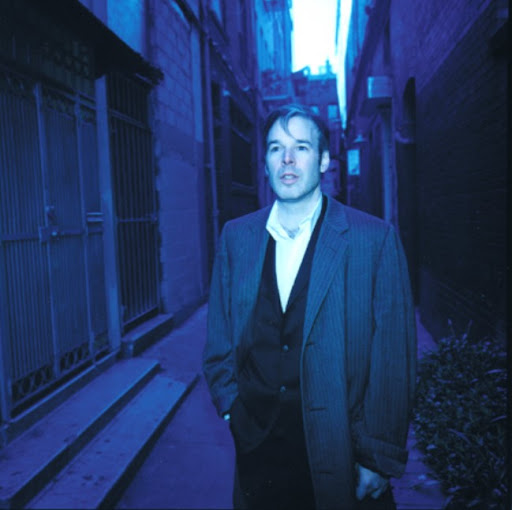

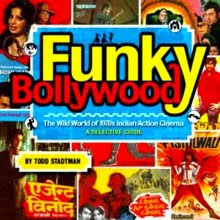
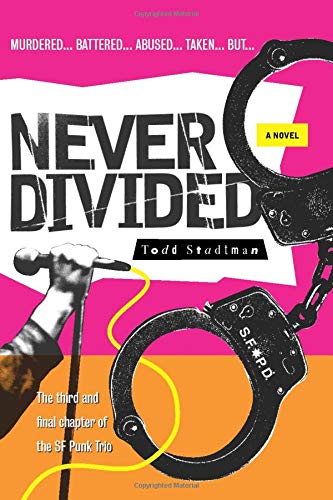
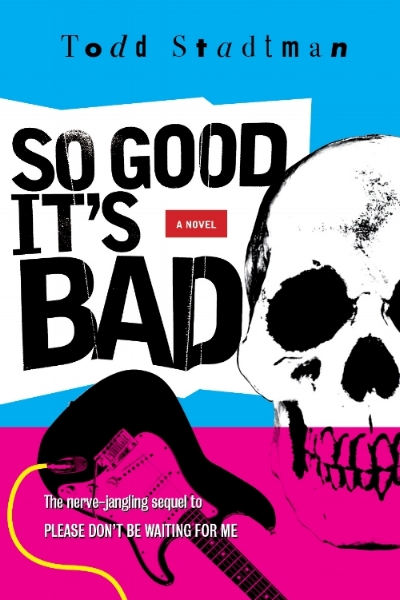
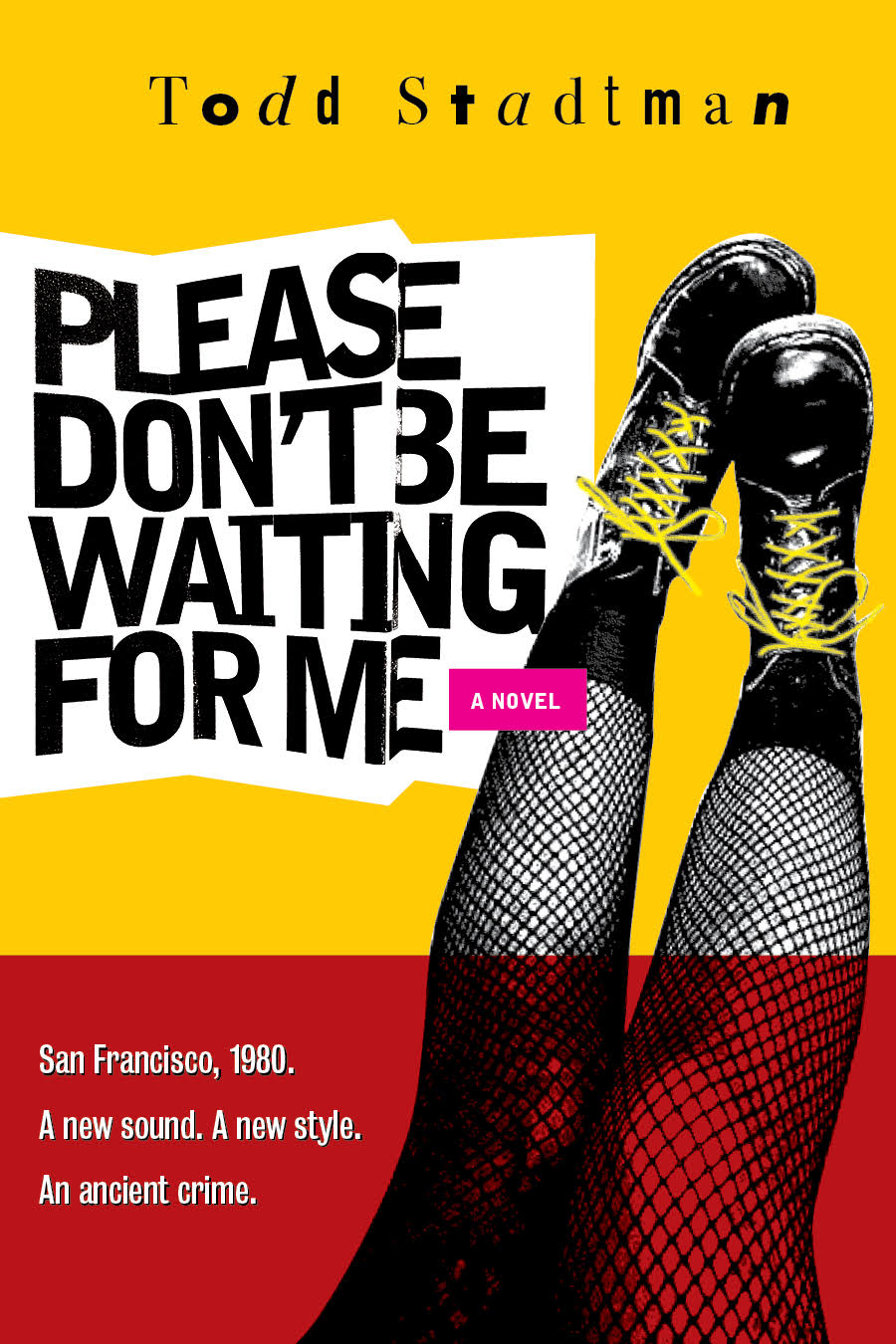


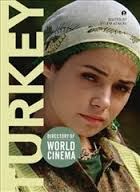
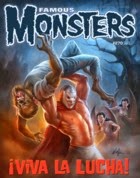

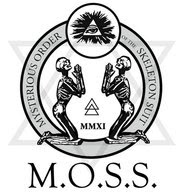


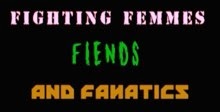


































2 comments:
Geez, another one in my review queue! My wife helped translate parts of this, as she got interested when she saw Fung Bobo. And yet I can't get her to watch any of the Polly Shang Kuan films...
You're lucky to have had a translator; I had to depend on the synopsis at the HKFA site. Not that the plot was especially complicated, mind you.
At least most of Polly Shang Kwan's movies are dubbed. The one thing Little Devil was sorely missing was some guy with a terrible fake English accent saying "I'm going to kill you!" every five minutes. Okay, maybe not.
Post a Comment